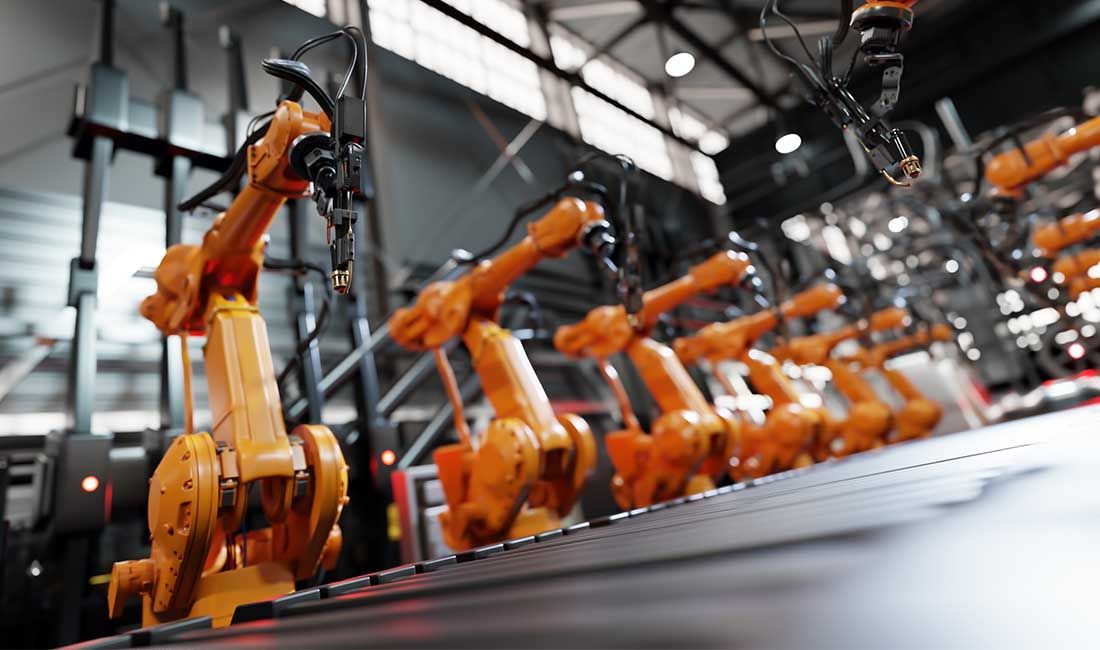Workplace Robots Could Increase Inequality

| W.E.U Admin | Improving Working Lives
TAGS: Inequality, Robots, Workplace

Overview
The Institute for Public Policy Research (IPPR) has released a landmark study showing that the rapid integration of automation and workplace robots may significantly widen existing social and economic gaps in England. While sectors with high technical expertise stand to see major productivity gains, many low-skilled roles face displacement, reduced wages, and limited retraining opportunities.
Key Findings
- Concentrated Benefits: High-skilled industries will capture the majority of automation efficiency.
- Job Vulnerability: Routine and manual roles are at greatest risk of replacement by robots.
- Regional Disparities: Automation could deepen divides between urban centres and rural communities.
Policy Recommendations
To mitigate the risks, the IPPR report urges:
- Implementing comprehensive reskilling and upskilling programs targeting at-risk workers.
- Ensuring a fair distribution of automation dividends through progressive taxation and social investment.
- Strengthening collective bargaining rights via partnerships with the English TUC and the ETUC.
Further Reading
Explore related analysis on how automation shapes our transport networks and safety concerns:
- Could a Croydon Tram-Style Accident Occur on Metrolink?
For the full IPPR study and detailed statistics, read the complete report.
workersofengland.co.uk | Independent Workers Trade Union



















